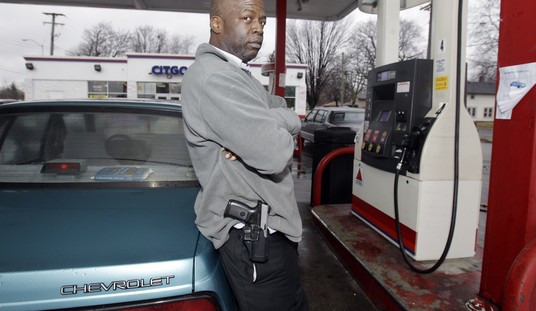Hunting has been going through a rough time in recent years. Participation has been way down for quite some time. People just aren’t venturing out into the woods anymore. Not like they used to, anyway.
For the outdoor industry, that’s a bad thing.
It’s also a bad thing for game animals. Hunting helps control the population of these animals so they don’t outgrow their food supply or end up any of the other problems overpopulation might cause. Frankly, hunting is good for the game species and there just hasn’t been a lot of it.
Then COVID-19 entered the conversation.
On the surface, COVID-19 shouldn’t have much to do with hunting. It’s not like the virus impacts deer or wild hogs, after all.
However, the coronavirus does have an impact on people—a terrifying one. As a result, a lot of places have shut down, including several meat production facilities.
The result? Food shortages. And they’re already here.
The pickings in many grocery stores are already lean, which may get worse as time progresses. Hell, even Wendy’s is running out of beef. People aren’t blind. They can see it.
Yet they still want meat. So, what are they doing? They’re hitting the woods. (Also, Cam spoke with Gabriella Hoffman about this on Wednesday’s Cam & Co., so check that out too.)
Other people, like David Elliot of Taos, New Mexico, told Reuters that he plans to hunt elk for the first time this year. He’s never hunted big game and doesn’t own a rifle yet, but he’s doing it to protect against another food shortage.
“I understand some people might be driven by like antlers or some sort of glory. I don’t want to do that,” Elliot said. The 37-year-old drew a cow tag for this Fall. “I want to make sure it’s a clean, humane shot, as much as possible, and get a bunch of food.”
If you’re like me, you empathize with his desire to eat delicious wild meat — as well as his naive optimism.
But he’s not alone. Nathaniel Evens is a school teacher and city councilor in Taos. Spending time in the woods hunting is therapeutic, he told Reuters.
“Its been so important for me, being able to go out and kind of cleanse my mental card and just go and be present, you really have to be present, and quiet and listening,” he said. The 38-year-old killed a 17-pound bird last month.
License sales are up significantly in many states across the country. Marty Benson, of Indiana’s Department of Natural Resources, told Reuters Turkey License sales are up 28%. In Idaho, online hunters education course enrollments are also up. In Georgia, turkey hunter numbers are up 47% and the numbers of turkeys killed in the first three weeks of the season are up 26%.
Yep, a lot of people are headed to the woods to try and mitigate food shortages.
Of course, they might be in for a rude awakening. Hunting isn’t as easy as some might like to think, so I don’t think we’re going to see the deer population depleted overnight, much less any other game animal.
However, how many of these new hunters will get started and find out they actually enjoy hunting? How many will come to figure that a bad day hunting is still better than a good day doing a lot of other stuff?
And don’t expect it to be limited to just hunting, either. Fishing is another activity that I expect will start growing all over again and for the exact same reason.
Food shortages aren’t a good thing. They’re downright terrifying if you ask me, but you know what they say about silver linings. That’s precisely what this is for hunting as a sport.








